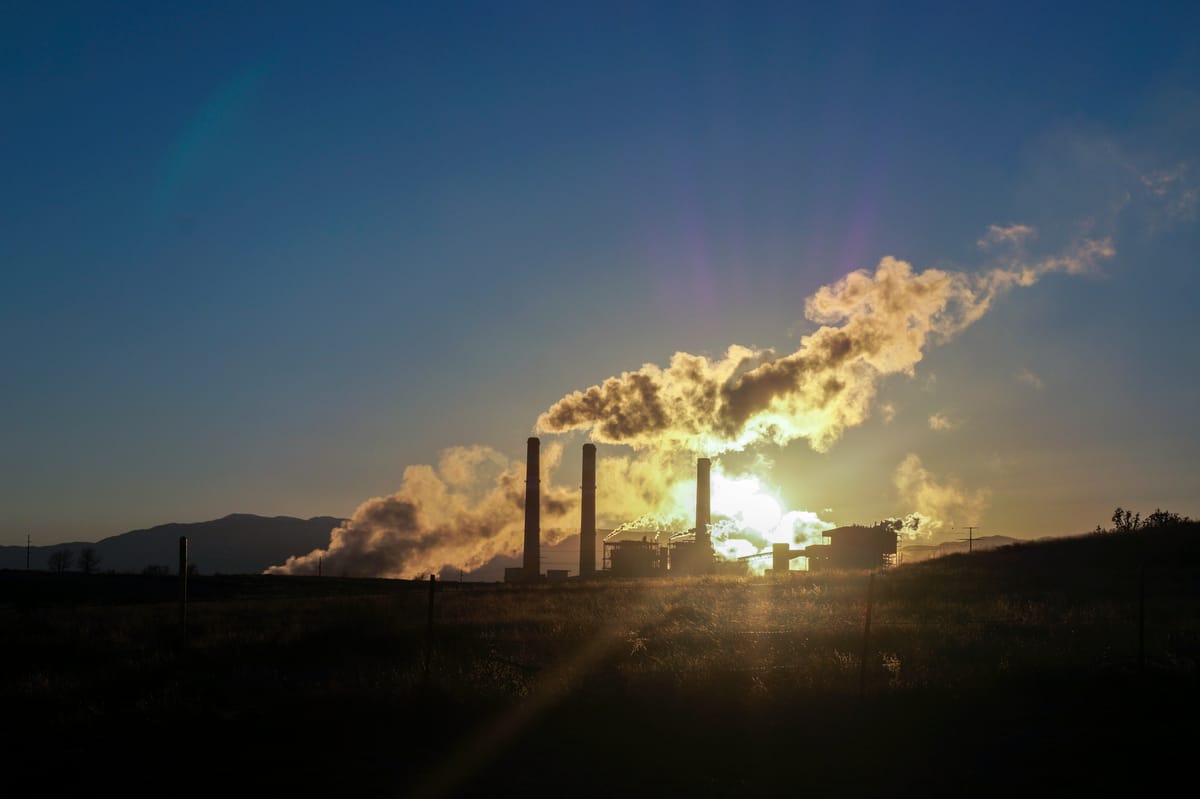The dream of limiting global warming to 1.5°C has given way to the harsh reality of inaction and broken promises.
Global temperatures have breached the 1.5°C threshold above pre-industrial levels for the first time in recorded history, according to data confirmed by the World Meteorological Organization after reviewing findings from scientists across the United States, United Kingdom, Japan, and European Union.
The milestone coincides with devastating climate crises worldwide: wildfires raging through Los Angeles have claimed fifteen lives and destroyed nearly 10,000 structures, while the Amazon faces unprecedented drought conditions that have left boats stranded on dried riverbeds. Rising atmospheric carbon dioxide reached 422 parts per million in 2024 - the highest concentration ever recorded. The past decade is confirmed as the hottest in human history.
United Nations Secretary-General António Guterres issued this assessment: "Global heating is a cold, hard fact. There's still time to avoid the worst of climate catastrophe. But leaders must act – now."
In short - the Paris Agreement has failed.
Not gradually. Not partially. Completely.
Why did the world's most ambitious climate accord collapse so spectacularly?
When 196 countries gathered in Paris back in 2015, they built something remarkable: an agreement so flexible it could bend around any political obstacle, so inclusive it could welcome any nation's participation, and so toothless it couldn't possibly succeed.
Under Paris, a country adopting aggressive climate policies bears the full weight of economic transition costs, while the benefits disperse across the global commons like smoke in the wind. Those who defect face no consequences beyond strongly worded letters.
The 1.5°C target itself shows the agreement's fundamental disconnection from reality. Who decided this particular threshold was the boundary between acceptable warming and catastrophe? The round number offers political convenience but ignores the messy complexity of Earth's climate system. Nature doesn't recognize our arbitrary lines in the atmospheric sand.
Political expediency corrupted implementation from the start. The agreement pushed the hardest cuts beyond most politicians' terms in office, creating a perfect moral hazard: claim credit now, defer costs to your successor.
Trump withdrew from the agreement during his first term, promises to do it again in his second go around, and faces no meaningful penalties for either action.
China and India secured permission to increase emissions through 2030, arguing for their right to economic development. Their position makes perfect economic sense - why should they sacrifice growth to solve a problem created by wealthy nations? But the logic collides violently with mathematical reality. The carbon budget simply can't accommodate both historical justice and temperature targets.
Meanwhile, European resolve crumbled under economic pressure. Recent elections have sent climate priorities tumbling as governments rush to weaken environmental regulations in the name of industrial competitiveness. Faced with angry voters and rising energy costs, political courage evaporates.
The agreement's architects somehow believed that setting targets would automatically generate solutions. But diplomatic declarations can't conjure grid-scale energy storage into existence. International consensus doesn't make renewable energy more reliable or carbon capture more affordable. The hard technical barriers to decarbonization remain stubbornly immune to press releases.
The Paris Agreement's defenders insist we judge it as a framework rather than a solution - a diplomatic scaffold for coordinating climate action rather than forcing it. But this defense rings hollow. If success depends entirely on external factors already driving decarbonization, what purpose does the agreement serve beyond providing climate diplomats with regular opportunities to exchange business cards?
The carbon dioxide curve tells the truth. It climbs relentlessly upward, deaf to our pledges and protocols. That 1.5°C breach represents a broken promise and the death of an idea. The notion that voluntary international cooperation could solve a problem this vast, this complex, this deeply entwined with economic development was always more fairy tale than strategy. What delusions about global governance will we cling to next?



